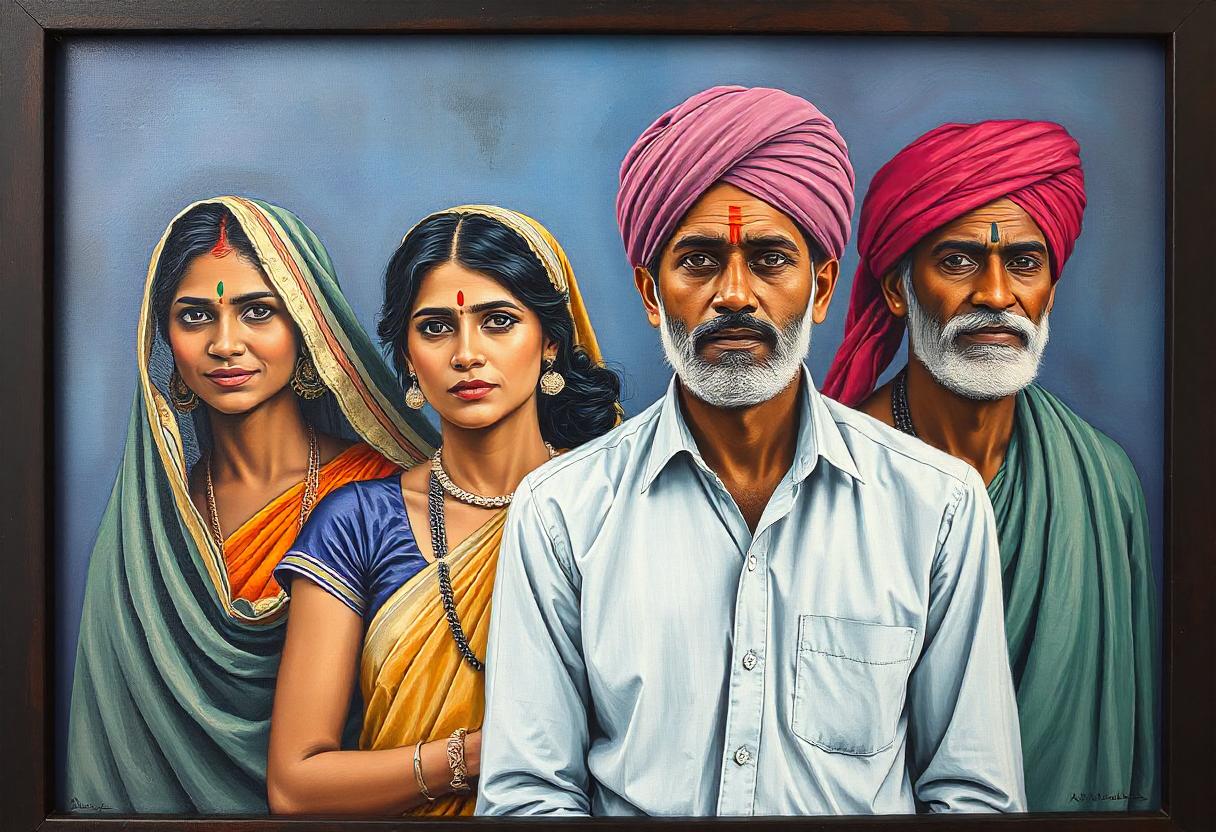India, a country with a rich tapestry of languages, traditions, and cultures, is home to an incredibly diverse population. This diversity is reflected not only in the myriad of festivals, foods, and customs but also in the names given to its people. Among the multitude of names, certain ones stand out due to their widespread popularity and cultural significance. For women, the name “Sita” often emerges as a common choice, while for men, “Rahul” is notably prevalent. Let’s delve into the reasons behind the popularity of these names and what they signify in the Indian context.
Sita: A Name Steeped in Virtue and Devotion
The name “Sita” holds a special place in the hearts of many Indians. Derived from the ancient Hindu epic, the Ramayana, Sita is the epitome of virtue, devotion, and strength. She is revered as the consort of Lord Rama, one of the most venerated deities in Hinduism. Sita’s story is one of unwavering faith, resilience in the face of adversity, and ultimate devotion to her husband and Dharma (righteousness).
Parents often choose the name Sita for their daughters to imbue them with the qualities that Sita represents. It’s a name that carries with it a legacy of grace, loyalty, and inner strength. In a society where cultural heritage and moral values are deeply cherished, naming a girl Sita is seen as a blessing, a hope that she will grow to embody the virtues of this iconic figure.
Rahul: A Name of Historical and Literary Significance
On the other hand, the name “Rahul” has its roots in both historical and literary contexts. One of the earliest known bearers of this name was Prince Rahul, the son of Siddhartha Gautama, who later became the Buddha. The name is believed to mean “conqueror of all miseries” or “bondage,” signifying a hope for a life free from suffering and filled with wisdom.
In modern times, Rahul has become a popular name across India, transcending regional and linguistic boundaries. Its appeal lies in its simplicity and the positive connotations attached to it. Many contemporary figures, including politicians and actors, bear the name Rahul, further cementing its place in popular culture.
The Cultural Significance of Naming
The act of naming a child in India is not just a casual decision; it is a reflection of the parents’ hopes, aspirations, and cultural values. Names like Sita and Rahul are chosen not only for their aesthetic appeal but also for the deep-rooted meanings and historical significance they carry.
In a country where traditions are passed down through generations, names serve as a link to the past, a way to honor ancestors and cultural icons. They are a testament to the enduring nature of India’s rich heritage and the values that continue to shape its society.
A Melting Pot of Names
While Sita and Rahul are undeniably popular, it’s important to note that India is a melting pot of names, each with its unique story. From the melodious names in the South to the vibrant ones in the North, the diversity is astounding. Names like Aishwarya, Priya, Arjun, and Virat are also common, each with its own cultural and regional significance.
Conclusion
In conclusion, the names Sita and Rahul are more than just common names in India; they are emblematic of the country’s rich cultural tapestry. They reflect the values, history, and aspirations of a society that holds its traditions close to heart. As India continues to evolve, these names will likely remain popular, serving as a reminder of the timeless virtues and stories that have shaped the Indian identity.

Leave a Reply